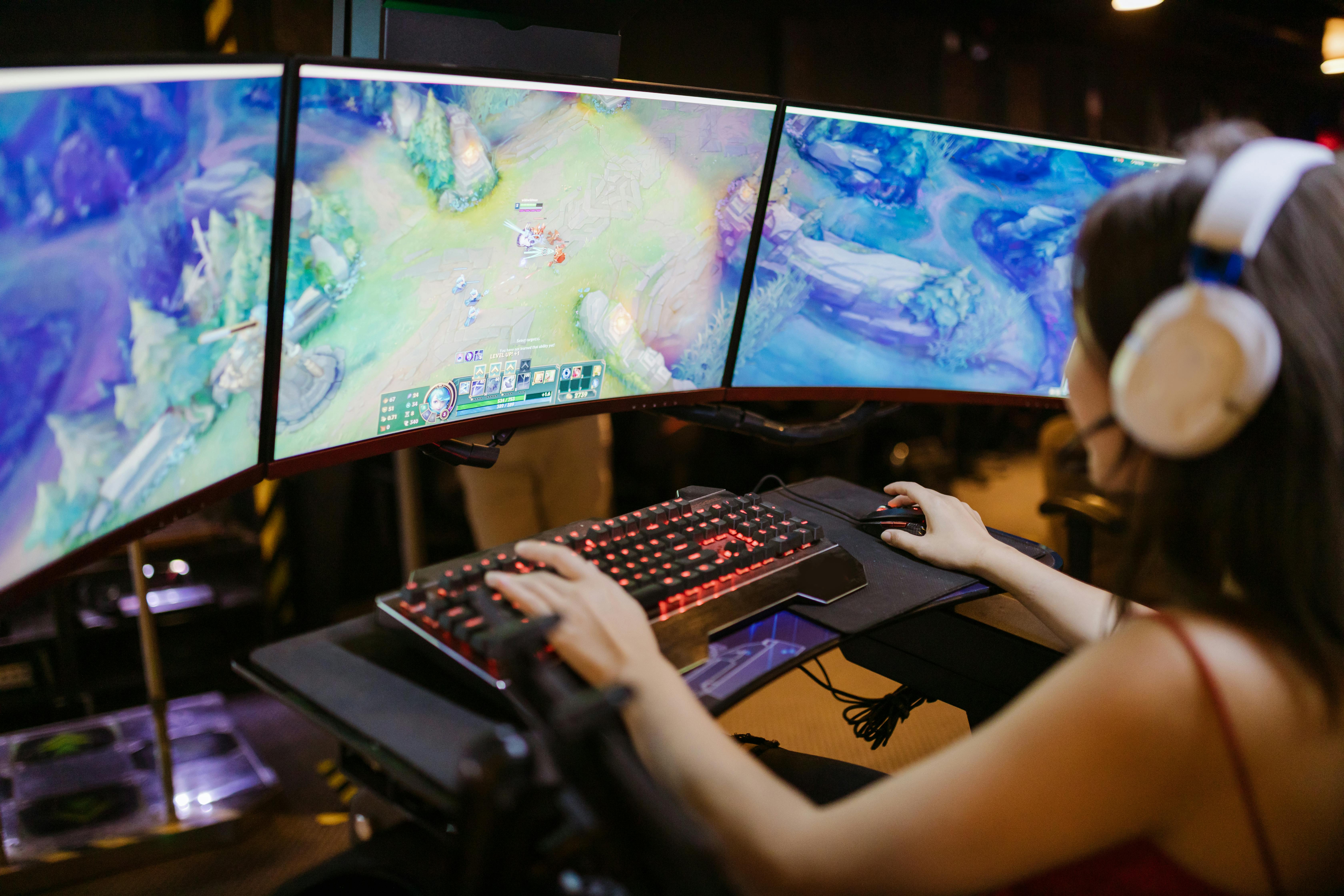Modding Communities: The Unsung Heroes of Gaming Longevity
In the ever-evolving landscape of video games, a hidden force quietly shapes the industry's future. Modding communities, groups of passionate players turned creators, breathe new life into aging titles and push the boundaries of game design. These digital artisans not only extend the lifespan of beloved games but also influence mainstream development, challenging our perceptions of what gaming can be. From total conversions to quality-of-life improvements, mods have become an integral part of gaming culture, fostering creativity and preserving classics for generations to come.

The release of Doom in 1993 marked a watershed moment for modding. Id Software’s decision to make the game’s source code publicly available unleashed a torrent of creativity. Suddenly, players could create their own levels, monsters, and even total conversions of the game. This open approach set a precedent that would influence game development for decades to come.
The Rise of Mod-Friendly Games
As modding gained popularity, some developers began to embrace the practice, recognizing its potential to extend a game’s lifespan and foster community engagement. Games like Half-Life and The Elder Scrolls III: Morrowind shipped with built-in modding tools, encouraging players to create and share their own content.
This shift towards mod-friendly design had far-reaching consequences. Games with robust modding communities often enjoyed extended popularity and sales long after their initial release. The symbiotic relationship between developers and modders became increasingly apparent, with some mods even transitioning into full-fledged commercial products.
Mods That Changed the Game
Throughout gaming history, certain mods have transcended their humble origins to become cultural phenomena in their own right. Counter-Strike, originally a mod for Half-Life, revolutionized the first-person shooter genre and spawned a multi-million dollar esports scene. DayZ, a mod for ARMA 2, popularized the survival game genre and inspired countless imitators.
These success stories highlight the innovative potential of modding communities. Unconstrained by commercial pressures, modders are free to experiment with unconventional ideas and niche concepts that might be too risky for mainstream developers to pursue. This creative freedom often results in groundbreaking gameplay experiences that push the medium forward.
Preservation and Nostalgia
Modding communities play a crucial role in game preservation, keeping older titles playable on modern systems and introducing them to new generations of players. Through texture upgrades, bug fixes, and compatibility patches, modders breathe new life into classic games that might otherwise be lost to time.
This preservation effort extends beyond mere technical updates. Modders often create content that captures the spirit of beloved franchises, filling the void left by discontinued series or long-awaited sequels. In doing so, they maintain the cultural relevance of these games and keep fan communities engaged for years, even decades, after a game’s initial release.
The Legal and Ethical Landscape
The relationship between modders and game developers isn’t always harmonious. Legal issues surrounding intellectual property rights and the commercial exploitation of mods have led to conflicts between creators and companies. Some developers actively discourage modding, citing concerns about cheating in multiplayer games or the potential for inappropriate content.
Despite these challenges, many companies have come to recognize the value of modding communities. Some have implemented systems to support and monetize mods, such as Bethesda’s Creation Club or Valve’s Steam Workshop. These initiatives aim to strike a balance between protecting intellectual property and fostering creativity within the modding scene.
The Future of Modding
As games become increasingly complex and online-focused, the modding landscape continues to evolve. Cloud gaming and always-online DRM present new challenges for modders, potentially limiting access to game files and restricting modification. However, the modding community has consistently demonstrated its ability to adapt and overcome technical hurdles.
Emerging technologies like virtual and augmented reality open up new frontiers for modding, offering unprecedented opportunities for immersion and interactivity. As artificial intelligence and machine learning become more accessible, we may see a new generation of mods that dynamically generate content or adapt gameplay in real-time.
The passion and ingenuity of modding communities show no signs of waning. As long as there are games to play, there will be players eager to reshape them, pushing the boundaries of what’s possible and keeping the spirit of innovation alive in the gaming world. The unsung heroes of the modding scene will continue to play a vital role in shaping the future of interactive entertainment, one mod at a time.




